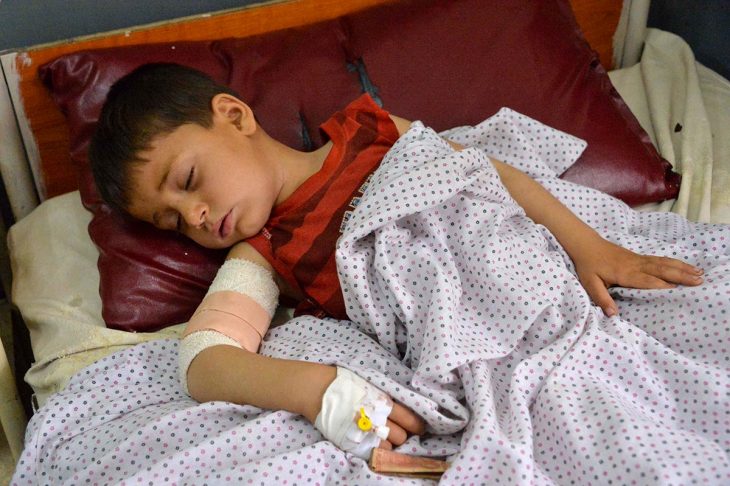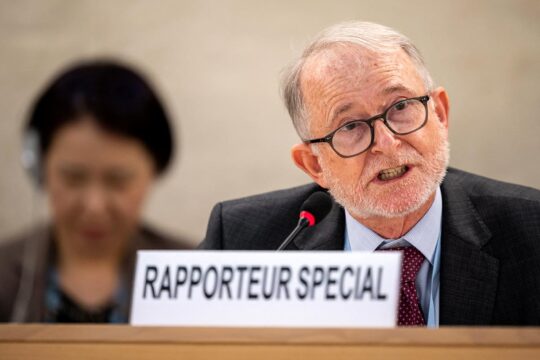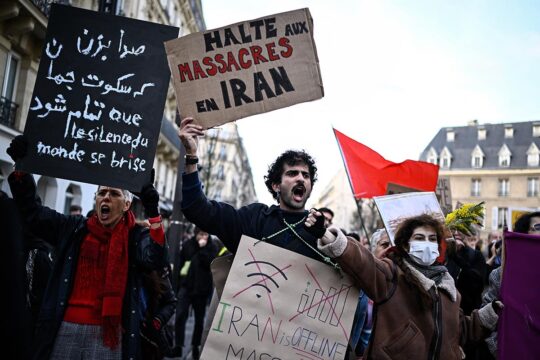To listen to the podcast, click on the “play” button below:
The picture of life in Afghanistan right now is of horrendous attacks on civilians, and targeting of human rights defenders, as the United States prepares to take most of its forces out.
Afghanistan’s own Independent Human Rights Commission has called – with support of many international human rights bodies – for the United Nations to organise an independent investigation in the violence.
But the International Criminal Court is investigating war crimes and crimes against humanity allegedly committed on all sides since 2003. Or are they? Over a year ago, after judges authorised the investigation, the Afghan government asked for a deferral. Since then it’s gone very quiet in The Hague.
Lawyers for victims have called for transparency, saying victims are being left in the dark. The Office of the Prosecutor counters that their work is at a critical stage, and judges should stay out of it. We do know that the Afghan authorities have provided information on some investigations they say they are carrying out. How real are those investigations? What about alleged victims of the US torture programme? With the US sanctions on the court rescinded, are Afghan victims organisations now able to work? Janet set out to find out and she spoke to Hadi Marifat, Ehsaan Qaane, Horia Mosadiq, Huma Saeed and Katherine Gallagher.
Victims are in limbo, as one of the lawyers wrote: “Afghan victims have become objects, proxies, and spectators in a process, which at its core, concerns their interests. In doing so, the optics have deepened criticism that the Court serves Western interests and excludes the very communities whose hardships and suffering are on trial”.
 ASYMMETRICAL HAIRCUTS
ASYMMETRICAL HAIRCUTS
This podcast has been published as part of a partnership between JusticeInfo.net and Asymmetrical Haircuts, a podcast on international justice produced from The Hague by journalists Janet Anderson and Stephanie van den Berg, who retain full control and independence over the contents of the podcast.






